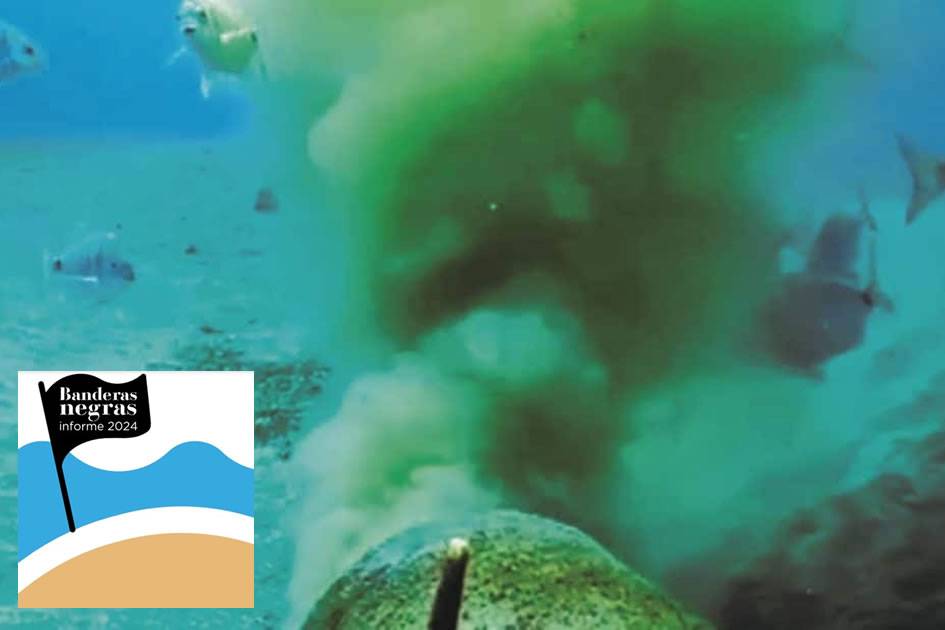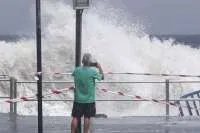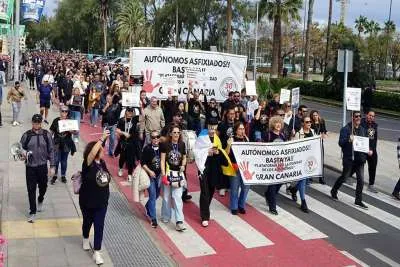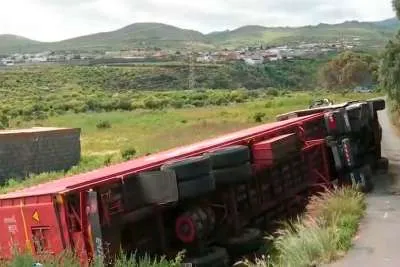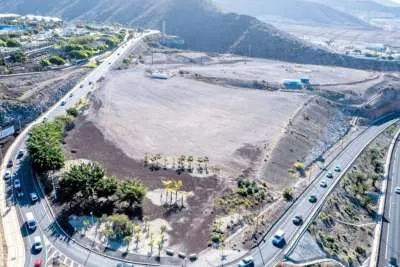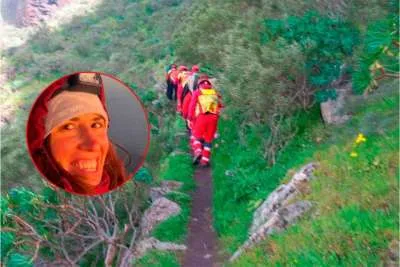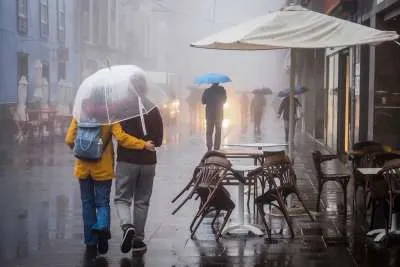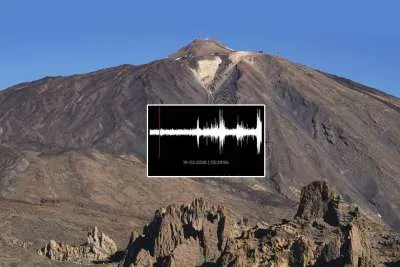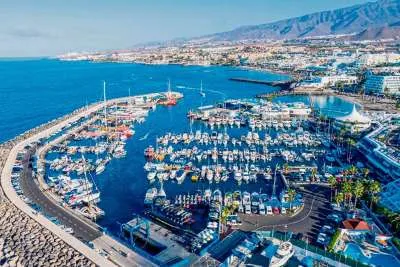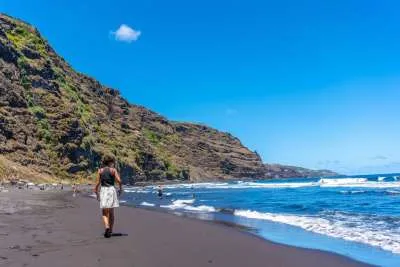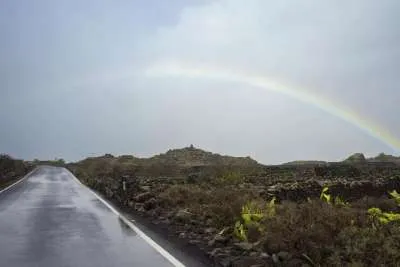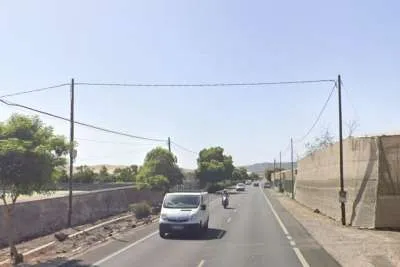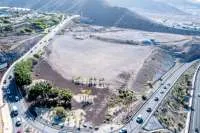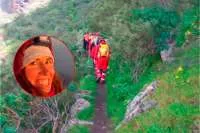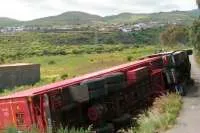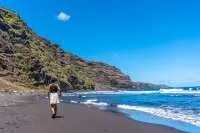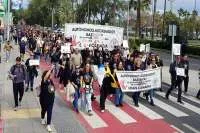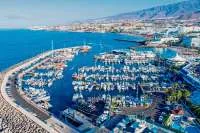Black Flags Report highlights environmental impact of mass tourism on Canary Islands' coasts
- 13-06-2024
- National
- Canarian Weekly
- Photo Credit: Stock Image
The annual Black Flags Report, released by environmental groups, has focused on the effects of tourism on coastal regions for 2024. This year's report, presented yesterday in Tenerife (Wednesday), places particular emphasis on the Canary Islands, which received four black flags in total due to various environmental issues.
Tenerife has been notably affected, receiving a black flag for its continuous sewage discharges into the sea. Playa Blanca, Cuna del Alma, La Tejita Hotel, and Oliva Beach were also singled out for their environmental impact.
The report, issued annually since 2005, aims to highlight poor waste management and water contamination issues. Each province receives two black flags: one for poor management and another for water pollution.
This year's report stresses the adverse effects of mass tourism and insufficient waste treatment on coastal environments. Cristóbal López, the report's coordinator, emphasised the need for sustainable tourism practices. “We need to rationalise tourism and manage it in a way that doesn't harm the local population or degrade the quality of the tourism industry itself,” he said.
Claudia Asensi, a spokesperson for Ben Magec-Ecologistas en Acción, criticised the pursuit of record-breaking tourist numbers at the expense of environmental conservation and local quality of life. She highlighted the paradox of increasing visitors not translating into improved living conditions for residents of the Canary Islands, with over 30% of the population at risk of poverty or social exclusion.
Pollution Issues in Tenerife:
The report identifies 208 discharge points in Tenerife, categorised as authorised, pending, or unauthorised. Pilar Martín, a biologist at the University of La Laguna, noted that a third of these discharges occur in protected areas and that 70% are unauthorised. Martín illustrated the severe impact of such discharges, comparing it to hypothetical pollution in Teide National Park and pointing out the resultant eutrophication harming marine ecosystems.
Controversial Tourist Projects: Cuna del Alma and La Tejita:
The also report criticizes large tourism projects like Cuna del Alma and La Tejita Hotel for their environmental impacts on fragile areas in the south of Tenerife. Daniel Duque from Salvar La Tejita expressed frustration with the ongoing damage despite legal rulings against the project. Similarly, Aila Mejía, an activist against Cuna del Alma, condemned the regional government's negligence regarding environmental and heritage violations.

Playa Blanca's Wastewater Problems:
Playa Blanca, a popular beach in southern Lanzarote, earned a black flag due to a sewage spill caused by a malfunctioning pump. Martín highlighted this issue as stemming from improper disposal of wipes, nappies, and other waste, calling for better waste management practices.
Oliva Beach Hotel Controversy:
Pablo Díaz from Ben Magec-Ecologistas en Acción criticised the Canary Islands government for defending the Oliva Beach Hotel, which the state has ordered to be demolished. The hotel, now encroaching on public maritime land, has disrupted the natural dune ecosystem in the Dunas de Corralejo Natural Park. Díaz called for the enforcement of demolition orders to restore the area.
Call for Improved Waste Management Infrastructure:
The report concludes with a call for better planning and infrastructure for wastewater management. Martín underlined the necessity of improving current systems to handle both the existing population and tourism levels, warning of the inevitable environmental impact if current practices continue.
The Black Flags Report serves as a stark reminder of the environmental costs of increasing tourism and the urgent need for sustainable development practices in the Canary Islands.
Other articles that may interest you...
Trending
Most Read Articles
Featured Videos
TributoFest: Michael Buble promo 14.02.2026
- 30-01-2026
TEAs 2025 Highlights
- 17-11-2025


